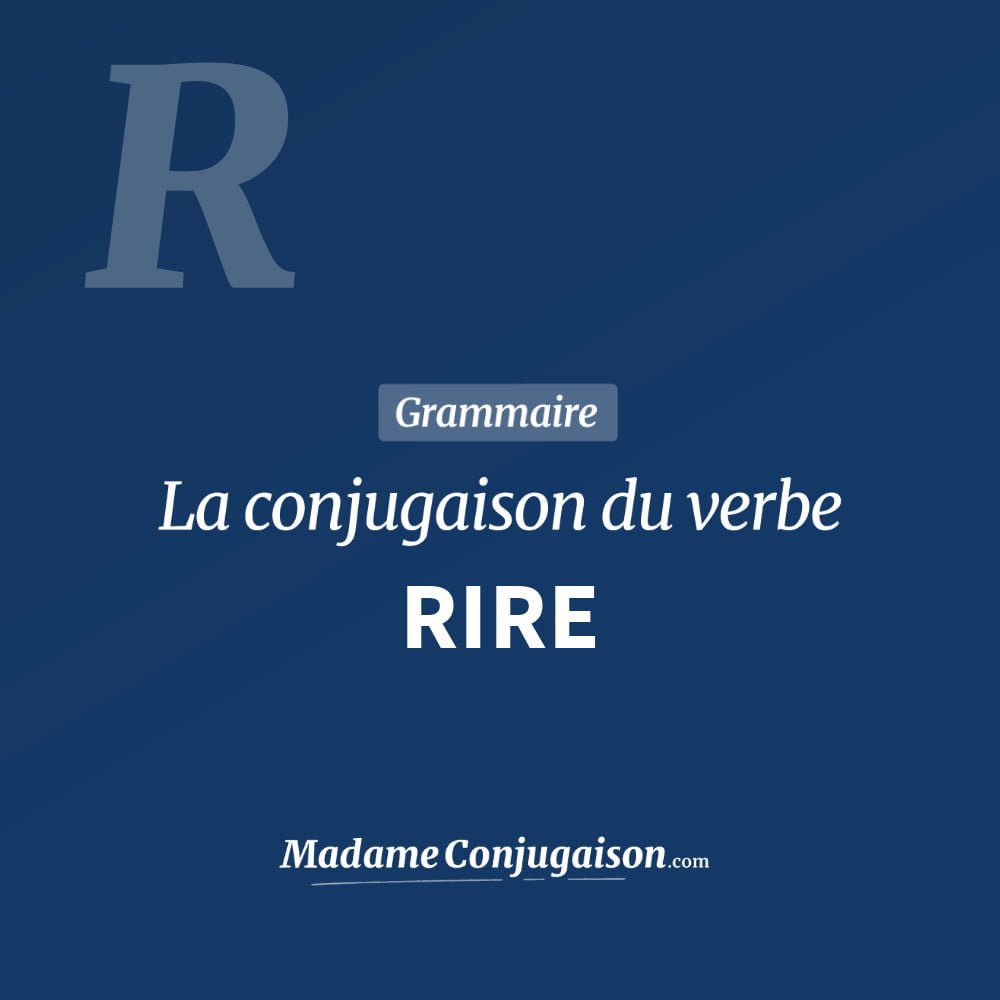

Quick reminder on how to conjugate both auxiliaries avoir and être in the imperfect (form needed to form the plus que parfait, remember?) The same rule applies: when they are intransitive, they take être and when they are transitive they take avoir.ģ Here’s an example to make things a little bit clearer.Įnzo était sorti (Enzo had gone out) → here sortir is an intransitive verb → auxiliary êtreĮnzo n’avait pas sorti son cahier (Enzo hadn’t get his book out) → here sortir is a transitive verb → auxiliary avoir. Among these verbs, you have naître, mourir, monter, venir, revenir, aller, arriver, rentrer, tomber, sortir, descendre, partir, rester and passer.īe careful though as some verbs can be intransitive as well as transitive (in that case they would require an object). However, several intransitive verbs (verbs that don’t need an object to complete them such as dormir, to sleep in English, for example) take the auxiliary être. Just like when forming the passé composé, avoir is the most commonly used auxiliary verb. When should you use the auxiliary verb avoir and when should you use être? → If the auxiliary verb is avoir, the past participle has to agree with its direct object. → If the auxiliary verb être is used, the past participle needs to agree with the subject. To make it a bit more interesting (challenging? Difficult?), don’t forget that, in French, there are agreements to make. Imperfect of avoir or être + past participle of the verb To form the plus que parfait, you have to conjugate one of the auxiliary in the imperfect form ( à l’imparfait) and add the past participle of the verb. In French, the auxiliary verbs are être and avoir. You must, for example, know that a compound tense is formed with an auxiliary verb (also known as a helping verb) followed by the past participle of the verb (the one giving meaning to your sentence). If you want to learn about the French pluperfect, I assume that you already know quite a bit about compound tenses such as the passé composé (the perfect tense). How do you form the plus-que-parfait in French? Si j’avais su qu’il aimait le café, je lui aurais acheté une cafetière → If I had known he liked coffee, I would have bought him a coffee machine.

Just like in English, the plus que parfait is used in French when expressing hypothetical situations. Nous avions déjà commencé à manger quand il est arrivé → We had already started to eat when he arrived. Indeed, it is also used when you want to speak about an action in the past that happened before another one also in the past. Getting its name from the Latin plus quam perfectum (more than perfect in English), the French plus que parfait is sort of used like its English version. What about the French version of the pluperfect: the plus que parfait? It’s a common use but it’s grammatically incorrect. In this type of sentences, many English speakers would say: If you would have woken up earlier instead of using the pluperfect. This tense can also be used when you want to express a hypothetical action that would have taken place in the past.įor example: If you had woken up earlier, you wouldn’t have missed the bus. How do you form the pluperfect in English?Īs you will have noticed in my example just above, the pluperfect is formed with the auxiliary had and the past participle of the verb ( started in our example). We had already started eating when he arrived. Let me give you an example to illustrate what I’m saying. It basically entitles you to express an action in the past that has been completed before another action in the past.


As you would have understood, it is a tense that belongs to the past. It can either be called the pluperfect, the past perfect, the past perfective or even the past in the past. It has different names (it adds a bit of spice, don’t you think?). Here’s a quick reminder of what this tense is in … English! If unfortunately, that is not the case, I will recommend you some very interesting and easy to understand websites to learn the plus que parfait tense in French. On a more serious note, I think that after my little lesson on the plus que parfait, all your questions will be answered to. Not a problem, you have come to the right page as I will refresh your memory thanks to a quick brush-up on the notion. Luckily though, the French and the English pluperfect are rather similar.Īre you not too sure of what the plus que parfait exactly is nor when this tense should be used? I personally find the French conjugation slightly (quite a lot, let’s face it) more difficult than the English one. In that case, you will soon start to learn about the pluperfect, le plus que parfait in French. Are you an intermediate to advanced learner?


 0 kommentar(er)
0 kommentar(er)
